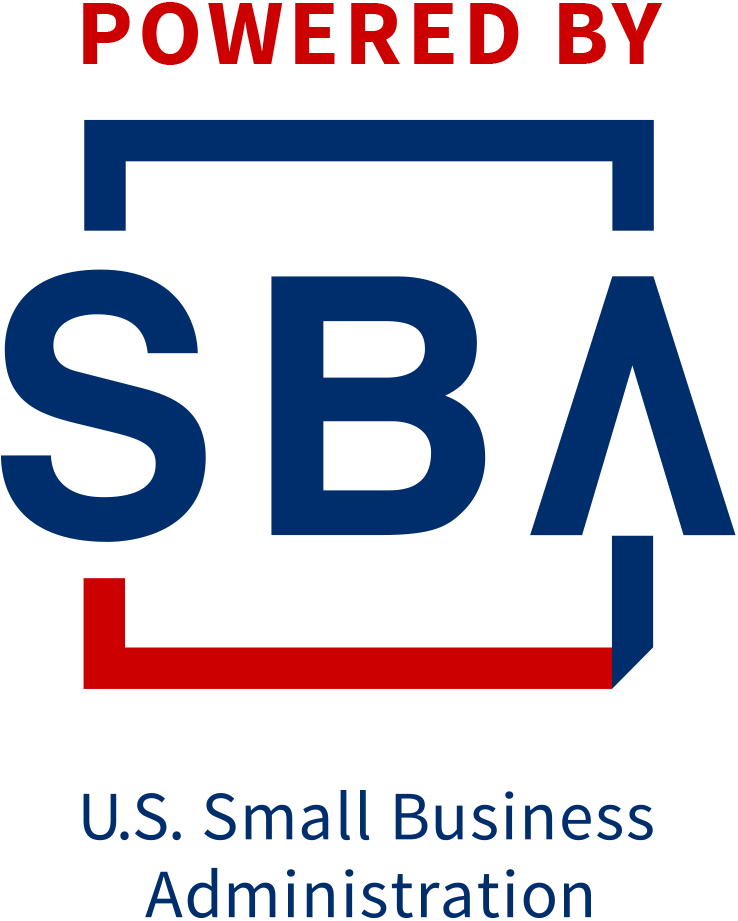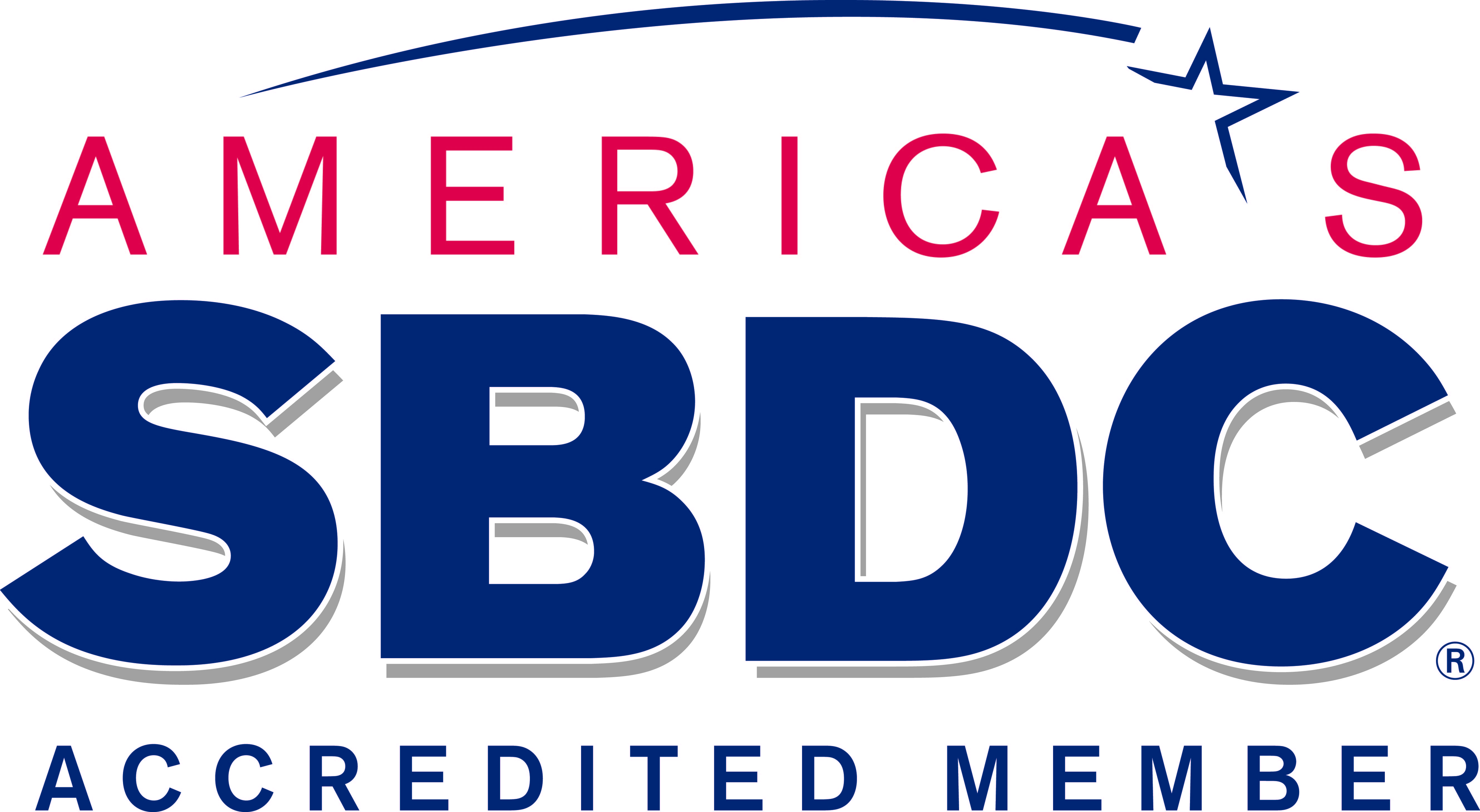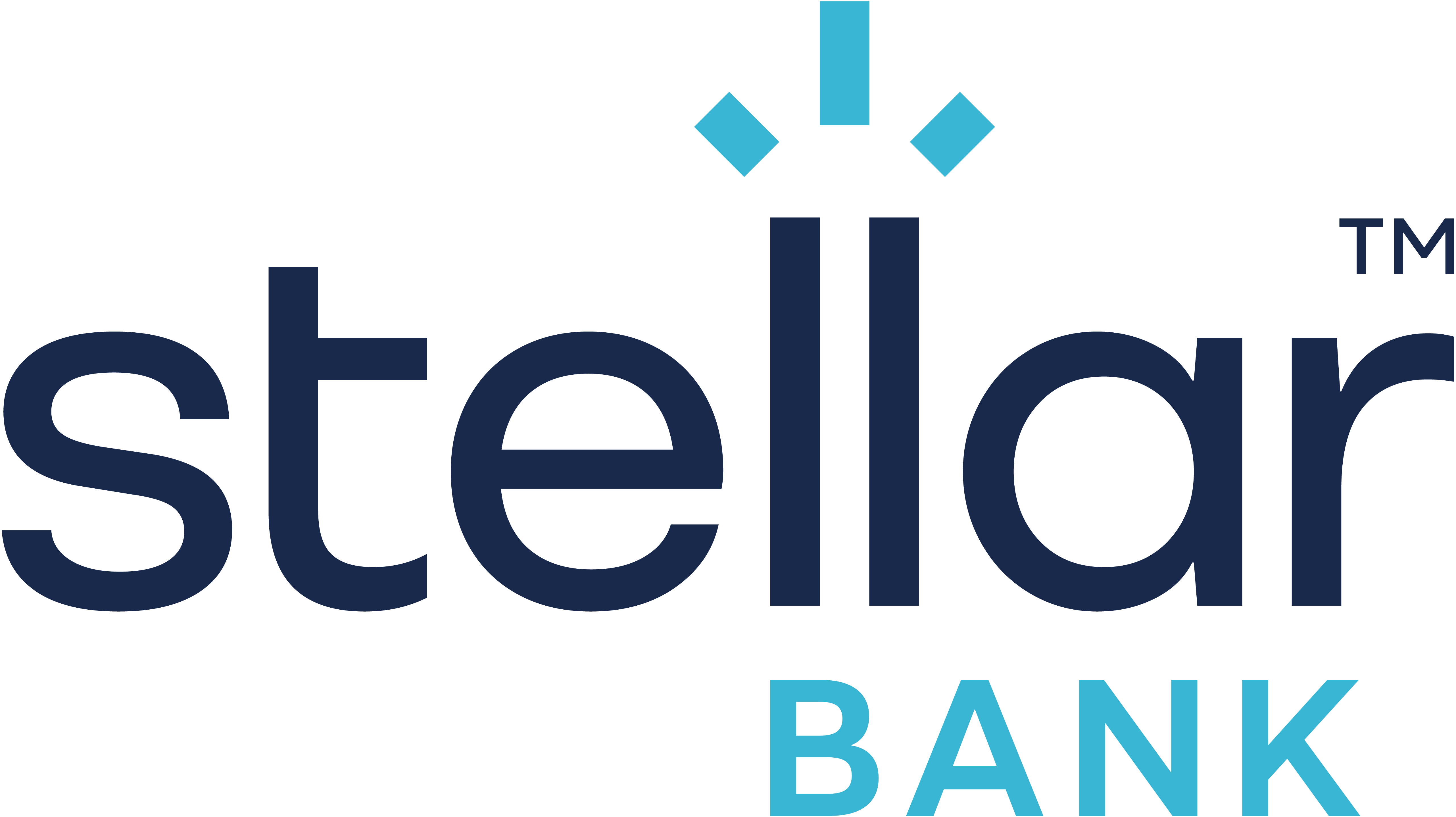A 2021 Tax Guide for First Time Small Business Owners

By Michelle Loredo
We are officially in 2021! The tax season is here, and things are looking a bit different. For example, if you have received economic relief from the Small Business Administration, earned income can be taxable.
If you’re filing taxes as a first-time small business owner, don’t worry! We have you covered. We have put together a small business tax guide overview that gives you tips and resources for the 2021 tax season.
Change to the Tax Code and COVID-19
The last major piece of legislation that changed the tax code occurred back in 2017. The Tax Cuts and Jobs Act of 2017 lowered taxes for corporations and offered new tax breaks. There was an update to the Act in 2019 that adjusted standard deductions to inflation, the Affordable Care Act “individual mandate” fee was dropped, and changes to itemized deductions.
Have you received monetary assistance from the Small Business Administration? If you have received aid, you still need to report your taxes to the Internal Revenue Service. If you received help from the Paycheck Protection Plan in 2020, unforgiven funds are taxable.
If your business qualifies for the Employee Retention Tax Credit, you are eligible for a tax credit. The tax credit is equal to 50 percent of your qualifying employee wages if they were part of your business from March 13, 2020, through January 1, 2021.
Lastly, if you provided COVID-19-positive employees sick leave in 2020, you could qualify for a tax credit under the Families First Coronavirus Response Act. If you do, you are eligible for a 100 percent tax credit that matches healthcare expenses.
For a complete inside look at changes to the tax code, meet with a Certified Public Accountant to find out all the applicable updates.
Taxes to File as a Small Business
As a small business owner, you will have to file taxes. It can vary with the type of business you’re running but, overall, all have to file income tax, employment tax and business-related excise tax.
When going through tax season as a first-time small business owner, it’s encouraged that you reach out to a small business-oriented CPA. Two of our SBDC presenters and business specialists are Certified Public Accountants in Texas.
You can visit their websites and see what services they offer to small businesses. Their services range from filing small business taxes, tax planning, IRS representation, bookkeeping oversight, budget management and other financial services.
Income Tax
As a small business owner, you will most likely have to file an income tax return. Depending on the type of business you run and labeled as, you will have different filing due dates.
- Sole Proprietorships or Individual: April 15, 2021
- S Corporation or Partnership: March 15, 2021
- Corporations: Multiple Filing Deadlines
Also, consider the quarterly income tax liability Form 1120-W.
- First Quarter: April 15
- Second Quarter: June 15
- Third Quarter: September 15
- Fourth Quarter: December 15
Dates may vary due to state income tax.
Employment Tax: Payroll Withholdings, Wages and Non-Employees Compensation
If you have staff hired, you have to report payroll withholdings and unemployment benefits to the IRS. You also need to submit employment tax and send your employees their tax forms for their pay, wages, non-employee compensation, and other related items. You must send copies to your employees by January 31, 2021, and send additional tax forms to the Internal Revenue Service. If your employees want to receive an online version of their tax forms, they have to fill out a consent form.
- Forms 1097, 1098 and 1099
- Forms 3921 and 3922
- Forms W-2 and W-2G
According to Form 941, the Employer Quarterly Federal Tax Return, small businesses have to deposit employment taxes monthly or semi-weekly. The form blankets federal income tax, federal unemployment tax, social security and Medicare withholdings. Here are the deadlines different deadlines for Form 941:
- April 30, 2021
- July 30, 2021
- October 29, 2021
- January 31, 2022
Business-Related Excise Tax
If your business falls in the category of manufacturing, retail and other services defined by the IRS, you will have to file excise tax. Depending on your classification, the deadlines can be monthly, quarterly, or annually. Forms you may have to submit:
- Form 720 (Quarterly Federal Excise Tax Return)
- Form 2290 (Heavy Highway Vehicle Use Tax Return)
For a full list of excise tax-related forms, visit the IRS website and consult with your accountant.
IRS Related Resources
If you want to know the full list of tax deadlines this year, the IRS recently released the 509 Tax Calendar for 2021. It includes a general tax calendar, employer’s calendar and excise tax calendar.
The IRS website also has a section of its website dedicated to self-employed tax-payers and small business owners. You can find all the information you need on their website.?
- Different Types of Businesses
- Tax Responsibilities
- How to File and Pay Taxes
- Business Tax Credits
- Deducting Expenses Employment Taxes
- Learning Tools and Portals
Free SBDC Resources
The UH SBDC Network is here to help you with your small business needs. We have free webinars that can help you with your finances and make your workday more efficient. Here are a few examples:







